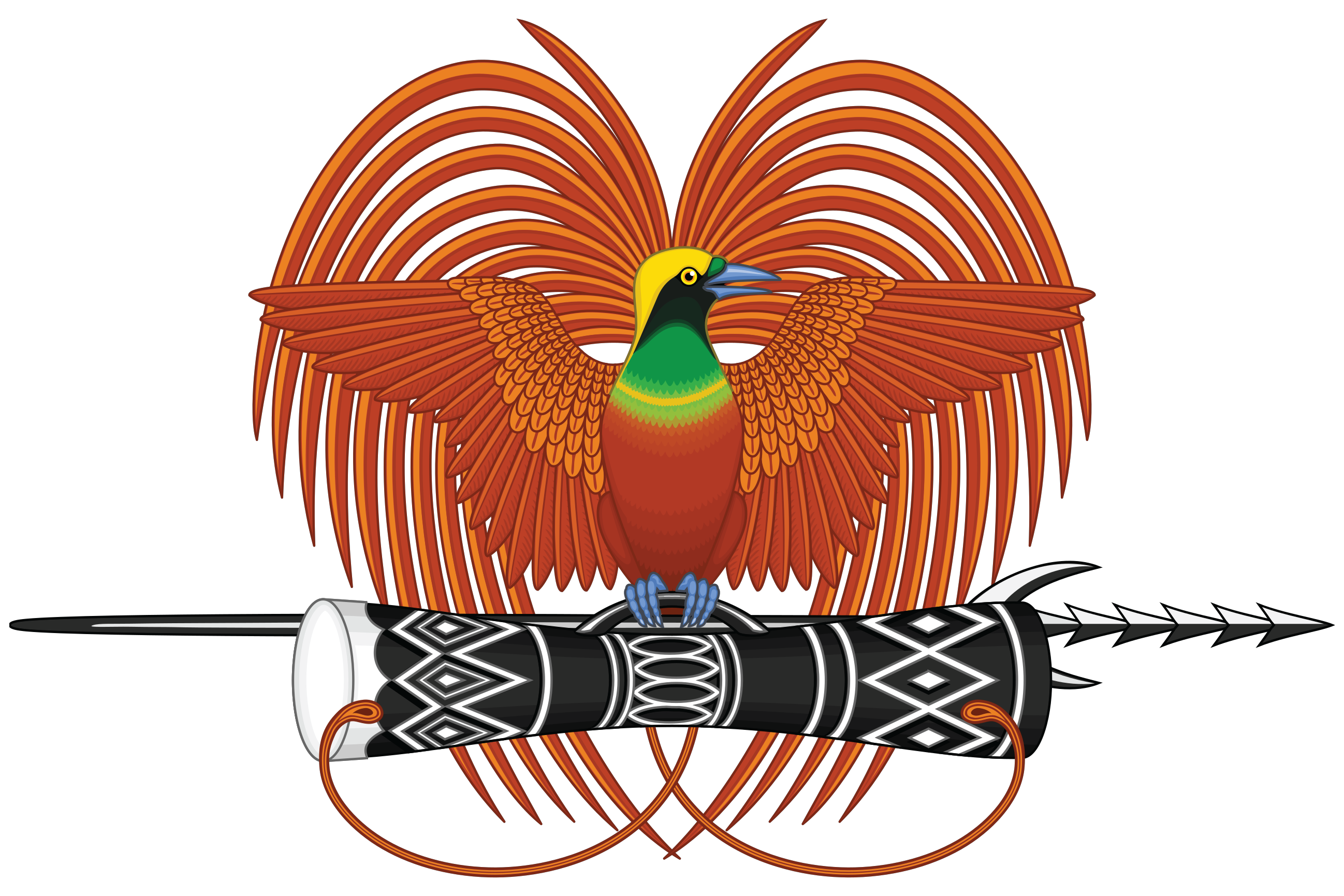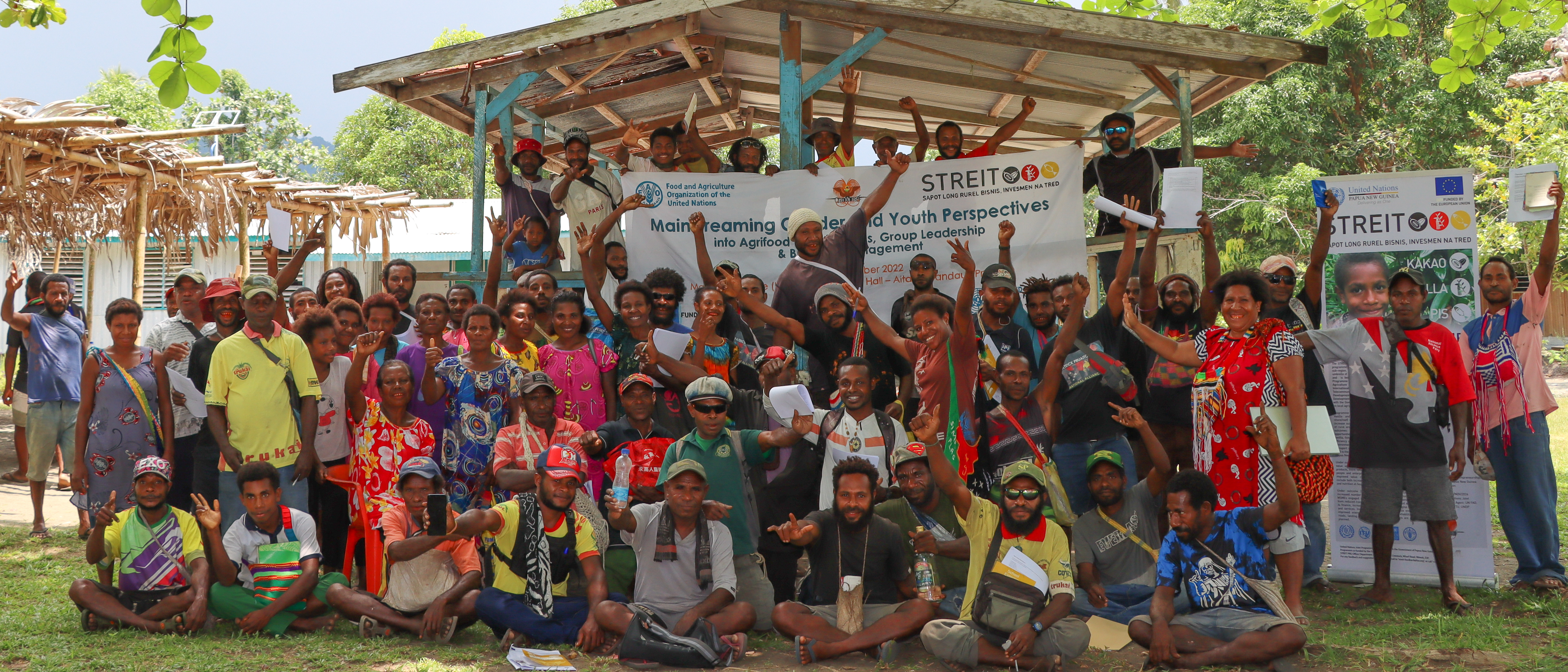
Mainstreaming Gender Perspectives and Youth Inclusion in Agri-Food Value Chains
Gender equality, women's empowerment, and youth inclusion are core development objectives, fundamental for the realisation of human rights and key to effective and sustainable development outcomes. No society can thrive without providing equitable opportunities, resources, and life prospects for males and females as well as for youths, so that they can shape their own lives and contribute to their families and communities.
The Gender Issue
In Papua New Guinea, women are at the forefront of food production and marketing and are responsible for over 80 percent of food production and marketing, much of which is used for subsistence purposes, with the rest sold for cash. Family food security at a small scale is a big struggle for the women.
Despite the significance of the agricultural sector and the vital role played by women in the agrifood value chains, they still remain invisible partners in development, and because of this, the women's contribution to agriculture, in particular, is poorly understood. The main reason is the lack of gender-disaggregated data over the years and because the opportunities that markets provide to communities for raising income are undermined by gender-based constraints, notably, among others, Gender-Based Violence (GBV), household burdens, cultural constraints and many other salient constraints which are sector-specific.
The Youth Issue
In South Eastern Asia and the Pacific, 12% of youth remain unemployed, nearly 28% of employed youths are working in poverty and 18% and not in employment, education and training (NEET) IN 2017 (ILO 2017). 64% of the youth in PNG is unemployed (World bank 2020). With 800 different ethnic groups and the legacy of traditional social structures and conceptions of leadership, youth in Papua New Guinea are often excluded from and denied roles in decision-making. However, the process of modernisation is shifting young people's identities. Society has become more individualistic, and young people face competing obligations to bring wealth to their communities while being unable to participate in community decisions relevant to their lives. Formal sector opportunities are scarce, youth are often seen as 'increasingly desperate' and unable to bring prosperity back to the community. This has led to rural migration to the towns and cities in search of work or just to escape from a hopeless situation. A large cohort of young people places immense pressure on already stretched institutions, creating resource scarcity and institutional 'bottlenecks'. Those who remain in the rural areas for lack of any way out, find solace in non-pro-social behaviours, leading to different social ills. This becomes a vicious circle because it invariably places a greater burden on the rest of the community who are also struggling with the extra job of taking care of the elderly and the sick as well as care for the children gotten out of wedlock by these same youths.
In the context of rural-farming communities, it is increasingly being acknowledged that professional agriculture has an enormous potential to generate income and drive economic growth. However, opportunities for rural youth are limited since agriculture/farming is considered as something for the poor and the old. This is exacerbated by the limited to no access to land, technical skills as well as knowhow on modern techniques to increase production and productivity while coping with climate change effects.
Adopted Approach
To increase sustainable and inclusive economic development of rural areas, address gender-based contrainst along agrifood value chains and provide enabling environment for women and youth's inclusive and fair participation in agribusiness activities and thereby trigger a transformative change to increase sustainable and inclusive economic development of rural areas, the EU-STREIT PNG Programme, in close collaboration with the Government of Papua New Guinea, East Sepik and Sandaun Provincial Administrations, stakeholders and local partners, works on empowering women and young individuals and groups to own, manage and profitably operate agri-enterprises. The programme also adopts a strategy of mainstreaming gender and youth perspectives into targeted value chains (Cocoa, Vanilla, and Fisheries). Sensitizing value chain actors on existing gender-based constraints within value chains that could hamper sustainability of programme outcomes is a key element of EU-STREIT PNG’s gender strategy.
In this respect, the Programme provides support to sensitise the population on the need to recognise the quality determinant role of women and youth within agrifood value chains, builds the capacity and supports government institutions to mainstream gender perspectives into rural development sector strategies, policies and approaches. The programme also supports and promotes women's involvement in MSMEs or producer groups, providing transferable, technical and vocational agribusiness and life skills to women and youths in agrifood value chains, develops the capacity of rural women on organisational and leadership skills, empowering them to challenge inequalities in areas of their lives through agency. By introducing new advisory services (village extension agents/coaches) and innovation and technologies that are woman-friendly and appealing to youth to upgrade value chain activities. The programmes overall approach is to encourage and lure youths to take up agriculture as a profession (the agribusiness approach) by making farming “sexier” and encouraging the concept of “ farming as a family business so as to mitigate Gender-Based Violence that could be exacerbated by a “women empowerment-only” approach.
Video
FAO under STREIT PNG Programme empowers Women's business group with new FFT fish dryer
25/01/2024
The FAO through the EU-funded UN Joint STREIT PNG Programme continues to provide technical support to Women's Business Groups throughout the Sepik region...
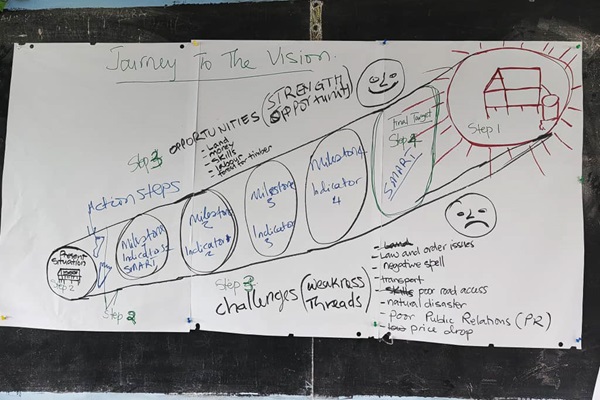
Latest news
FAO Uses Innovative Tools to Promote 'Farming as a Family Business' in Papua New Guinea
03/06/2024
30 Government Officers, staff of implementing partner organisations and Lead Farmers Trained to Address Gender Issues and Improve Incomes at farming...
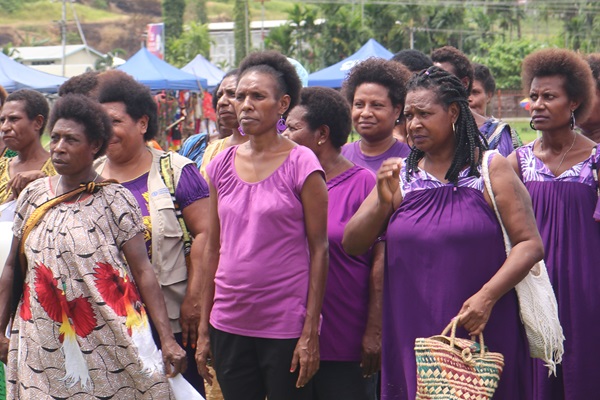
News
Strategic Collaboration for Women’s Empowerment in the Sepik Region: The EU-STREIT PNG Programme and Provincial Government Engagement
08/04/2024
The EU-STREIT PNG Programme, in strategic partnership with the East Sepik Provincial Government and Administration, has showcased the critical role...
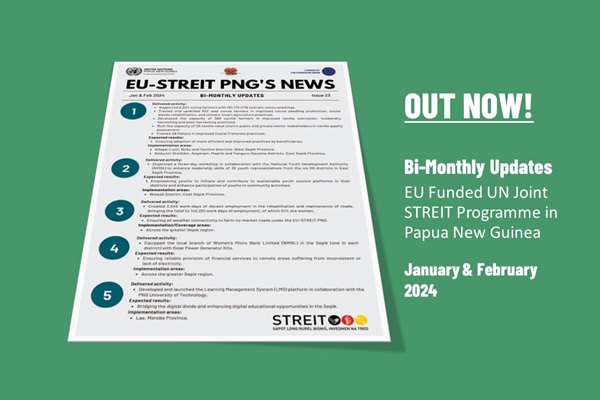
EU-STREIT PNG's Bi-Monthly Updates, January & February 2024
03/2024
Bi-Monthly updates on the major supports delivered and activities implemented by the EU-STREIT PNG Programme in January & February 2024.
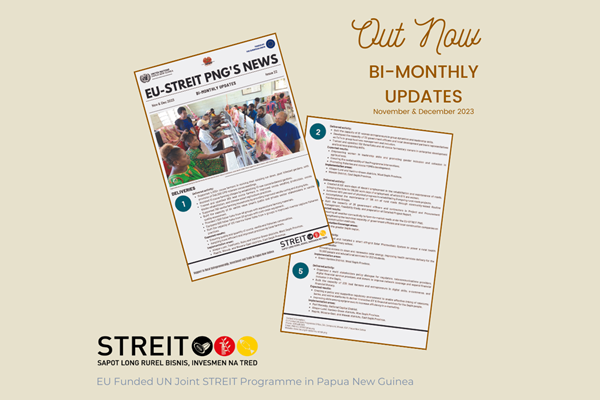
EU-STREIT PNG's Bi-Monthly Updates, November & December 2023
02/2024
Bi-Monthly updates on the major supports delivered and activities implemented by the EU-STREIT PNG Programme in November & December 2023.


